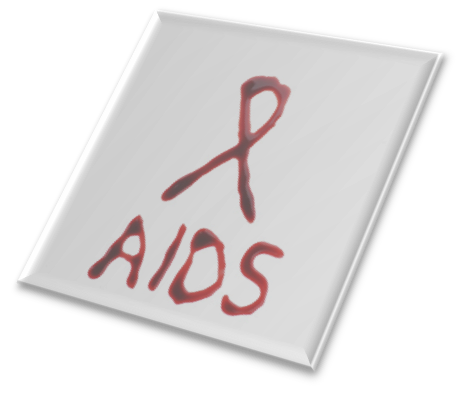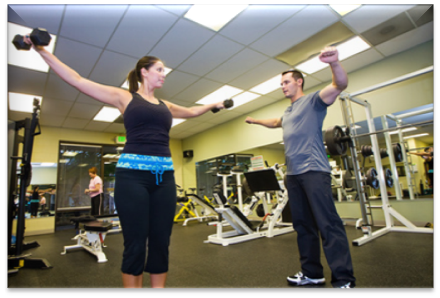 Acquired Immuno-Deficiency Syndrome (AIDS) is caused by the human immunodeficiency virus (HIV). It is a global health problem that results in a significant impact on oneâs emotional, physical and psychological state. December 1 is considered World AIDS day. With recent strides in medicine, AIDS can now be managed effectively. This allows patients to maintain a reasonable quality of life as the disease progresses. Physical therapy forms an important part of the treatment process.
Acquired Immuno-Deficiency Syndrome (AIDS) is caused by the human immunodeficiency virus (HIV). It is a global health problem that results in a significant impact on oneâs emotional, physical and psychological state. December 1 is considered World AIDS day. With recent strides in medicine, AIDS can now be managed effectively. This allows patients to maintain a reasonable quality of life as the disease progresses. Physical therapy forms an important part of the treatment process.
Why physical therapy?
The long, protracted course of AIDS can manifest in different ways. The impact on the patient can range from mild and progressive to rapid and devastating. Physical therapists are trained individuals who can identify muscular and join deficiencies in AIDS patients during different stages of progression. Exercise therapy is an important foundation of AIDS treatment. A structured program can help patients maintain and regain optimum function to manage the activities of daily living. It can help improve energy levels and allow patients to maintain self-confidence.


 Exercise therapy can range from aerobic exercises to resistance training. Exercise helps improve overall fitness, improve cardiovascular health and maintain independence. A physical therapist will emphasize exercise quality over quantity. A well designed exercise program can help patients achieve greater results in a shorter period of time.
Exercise therapy can range from aerobic exercises to resistance training. Exercise helps improve overall fitness, improve cardiovascular health and maintain independence. A physical therapist will emphasize exercise quality over quantity. A well designed exercise program can help patients achieve greater results in a shorter period of time. For an AIDS patient, self-pacing is an important safety precaution during exercise. The right kind of exercise will leave the patient feeling energetic, instead of feeling tired and fatigued.
For an AIDS patient, self-pacing is an important safety precaution during exercise. The right kind of exercise will leave the patient feeling energetic, instead of feeling tired and fatigued.